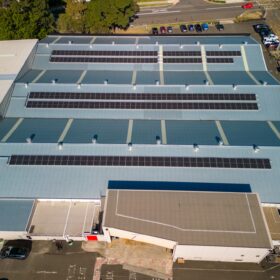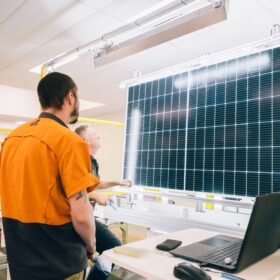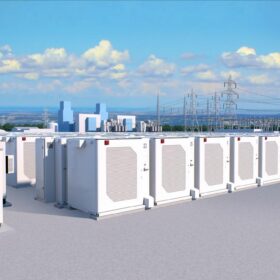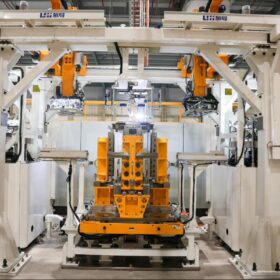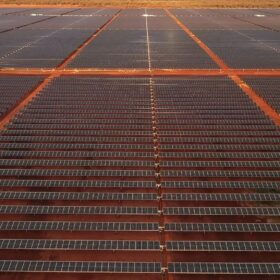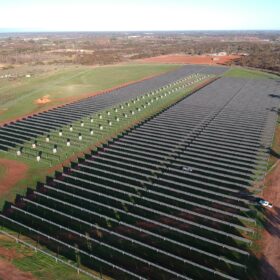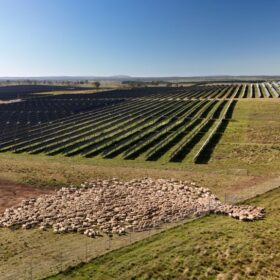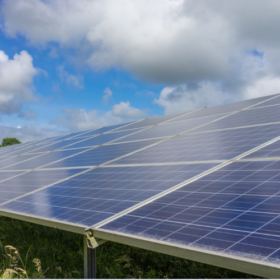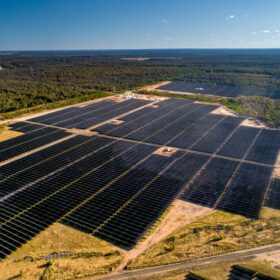GridBeyond looks to build Australian footprint with new funding
Ireland-headquartered smart energy company GridBeyond plans to expand its operations in “key market” Australia as part of a broader global growth strategy after securing more than $86 million in new funding.
Community group uses C&I solar profits to provide job opportunities
A volunteer-based community group is using profits generated by commercial and industrial rooftop solar installations to help build a “bridge to the future” as the Illawarra region on the New South Wales south coast transitions its workforce into new employment.
Weekend read: Solar through the looking glass
The Silicon to Solar report, partly funded by the Australian Renewable Energy Agency, outlines ways to restore solar manufacturing to the nation with a little help from the country’s major trading partner – China.
Origin adds more renewables, storage to plug pending coal gap
Australia’s largest energy retailer Origin Energy Limited (Origin) has entered into an agreement with Belgian company Virya Energy to acquire the Yanco Delta renewables project that comprises an 800 MWh battery energy storage system coupled with a 1.5 GW wind farm in southern New South Wales.
Australia joins global clean energy race with new subsidy policy
The federal government has unveiled plans for a Future Made in Australia Act, proposing taxpayer-funded incentives to advance renewable energy industries, manufacturing, and infrastructure to stake Australia’s place in the global clean energy race.
Rooftop subsidies and rising costs present roadblocks for large-scale renewables
The head of one of Australia’s largest energy generators, retailers and developers has pointed to rising costs and uncertainty about recovering those costs as the cause of a drop in investment for large-scale renewables that threatens Australia’s clean energy goals.
‘Big 4’ seen as greenwashing sustainable finance target allocations
New analysis from independent think tank Climate Energy Finance finds renewable energy and decarbonisation of industry is receiving just 7% of the ‘Big 4’ banks’ collective multi-billion-dollar sustainable finance target allocations.
Land agency says renewables target driving ‘huge’ demand
With renewable energy capacity in Australia expected to at least double over the next six years, the search for land to host solar, wind and energy storage developments is offering a new income stream for interested landowners.
CIP acquires majority stake in Elgin Energy
Copenhagen Infrastructure Partners has acquired a majority stake in Elgin Energy that will help the Ireland-headquartered solar developer to transition into an independent power producer and grow its pipeline of projects in new and existing markets, including Australia.
Budget to bankroll phase two of clean energy transition
Former federal energy minister Greg Combet has indicated the May Budget will unleash big bucks for the next stage of Australia’s renewable energy transition, underwriting the nation’s charge to become a global wind, solar and green hydrogen superpower.

